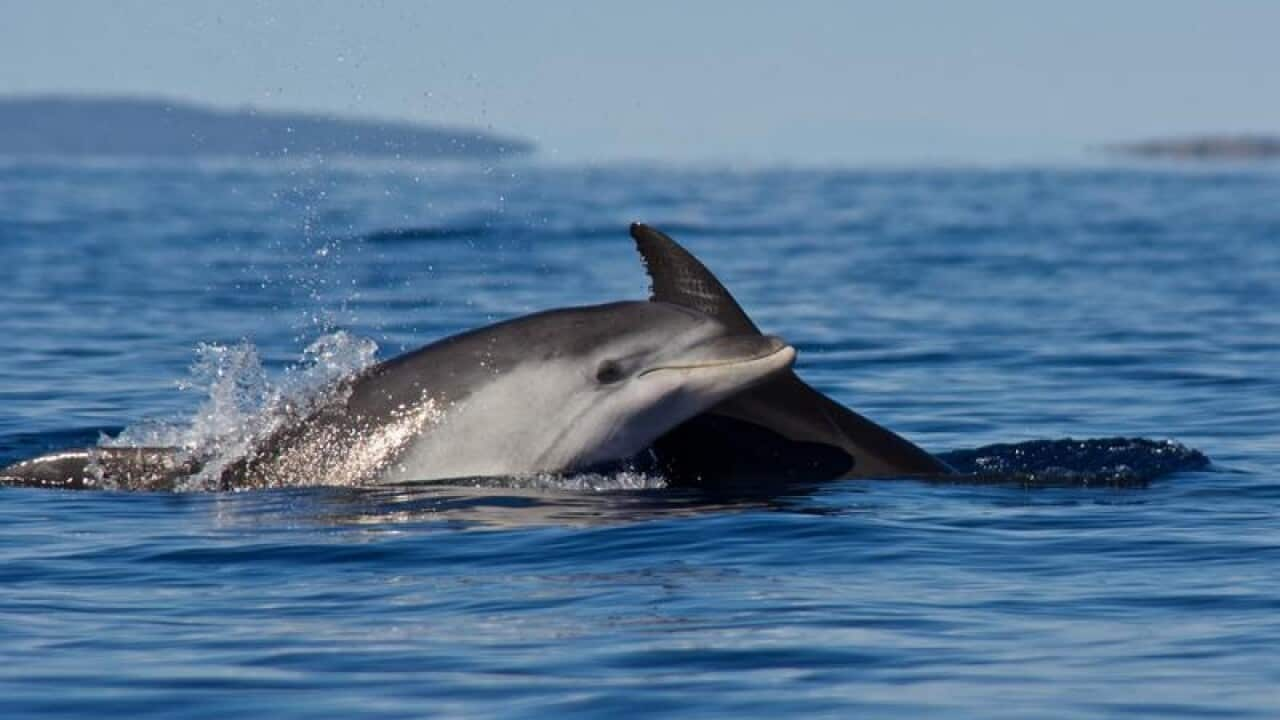Whales and dolphins live in complex "societies" that mimic those of human populations, say scientists.
In the first study of its kind, researchers gathered information about brain size and social behaviour from 90 different species of dolphins, whales and porpoises.
They found "overwhelming" evidence that cetaceans possess sophisticated cultural traits similar to those seen in human societies.
The long list of shared characteristics included working together for mutual benefit, teaching tool use, co-operative hunting, and communicating using complex vocalisations with regional "dialects".
The marine creatures also recognised individual "names" in the form of signature "whistles", looked after youngsters that were not their own, and showed an ability to work with different species, such as humans.
Today's headlines

Suicide bombers, gunmen kill 15 in attack on Afghan police trainees
Lead scientist Dr Susanne Shultz, an evolutionary biologist at the University of Manchester's School of Earth and Environmental Sciences, suggested it was only a lack of thumbs that held whales and dolphins back.
She said: "As humans, our ability to socially interact and cultivate relationships has allowed us to colonise almost every ecosystem and environment on the planet.
"We know whales and dolphins also have exceptionally large and anatomically sophisticated brains and therefore have created a similar marine-based culture.
"That means the apparent co-evolution of brains, social structure, and behavioural richness of marine mammals provides a unique and striking parallel to the large brains and hyper-sociality of humans and other primates on land.
"Unfortunately, they won't ever mimic our great metropolises and technologies because they didn't evolve opposable thumbs."
Writing in the journal Nature Ecology & Evolution, the team argues that large brains like those of humans, great apes and cetaceans are an evolutionary response to complex and information-rich social environments.
Co-author Dr Michael Muthukrishna, from the London School of Economics, said: "This research isn't just about looking at the intelligence of whales and dolphins, it also has important anthropological ramifications as well.
"In order to move toward a more general theory of human behaviour, we need to understand what makes humans so different from other animals."













